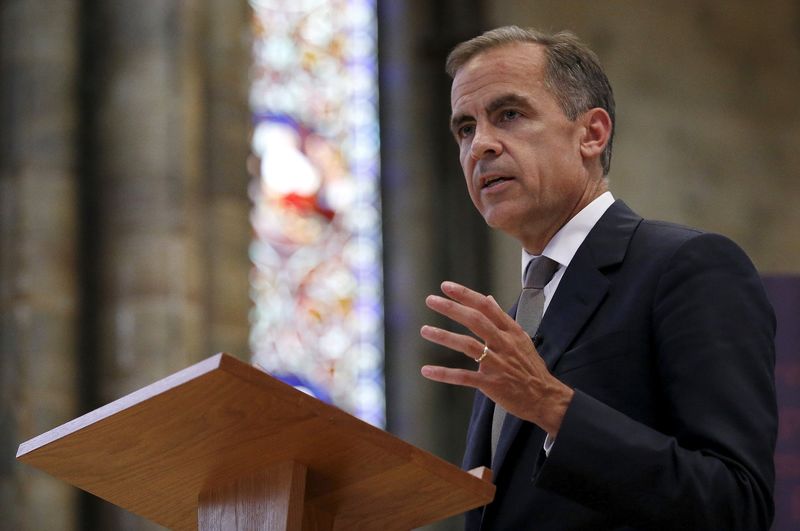Ukraine proposes $100 bln US weapons deal for security guarantees - FT
Investing.com -- Canadian Prime Minister Mark Carney said Tuesday that the outlook for a tariff-free trade agreement with the United States remains bleak amid rising trade hostilities from Washington. “Without tariffs? There’s not a lot of evidence right now that agreements, negotiations with the Americans, for any country or any jurisdiction to have an agreement without tariffs,” Carney told reporters in Ottawa.
Carney’s remarks follow a sharp escalation in trade tensions, after U.S. President Donald Trump announced a new 35% tariff on Canadian goods set to take effect August 1. The White House claimed the levy is aimed at combating fentanyl trafficking and addressing what President Trump described as unfair Canadian trade practices, particularly in the dairy sector.
Trump’s letter to Carney outlined the new tariff as separate from existing sector-specific duties on autos, aluminum, and other goods, levies that have already strained bilateral relations. The president has threatened further tariffs if Canada retaliates, but noted potential waivers if Canadian companies shift production to the United States.
Amid the policy uncertainty, Carney emphasized that Canada still enjoys relatively low tariffs under the current framework of the U.S.-Mexico-Canada Agreement (USMCA). “Canada has a situation for the moment with an agreement—not an agreement but a way of having, in effect, almost free trade that continues,” Carney said, while acknowledging stress in key sectors such as steel, aluminum, and pharmaceuticals.
Despite campaign promises to stand up to Trump, Carney’s room to maneuver has shrunk under the U.S. administration’s increasingly protectionist stance. All trade agreements brokered by President Trump, Carney noted, include some form of tariff mechanism, making exemptions politically difficult to secure.
The 35% duty marks a steep jump from the 25% rate levied on non-USMCA-compliant Canadian exports, and poses a direct challenge to sectors relying on tariff-free access. Trump has also tied any potential reduction to cooperation on narcotics enforcement, signaling that economic considerations are now interlinked with broader security concerns.
While Canada recently withdrew a proposed digital tax in a goodwill gesture, signs of improvement in bilateral trade diplomacy have largely faded. Carney, for now, appears focused on limiting damage: “We need to stabilize the situation for Canada,” he said.
